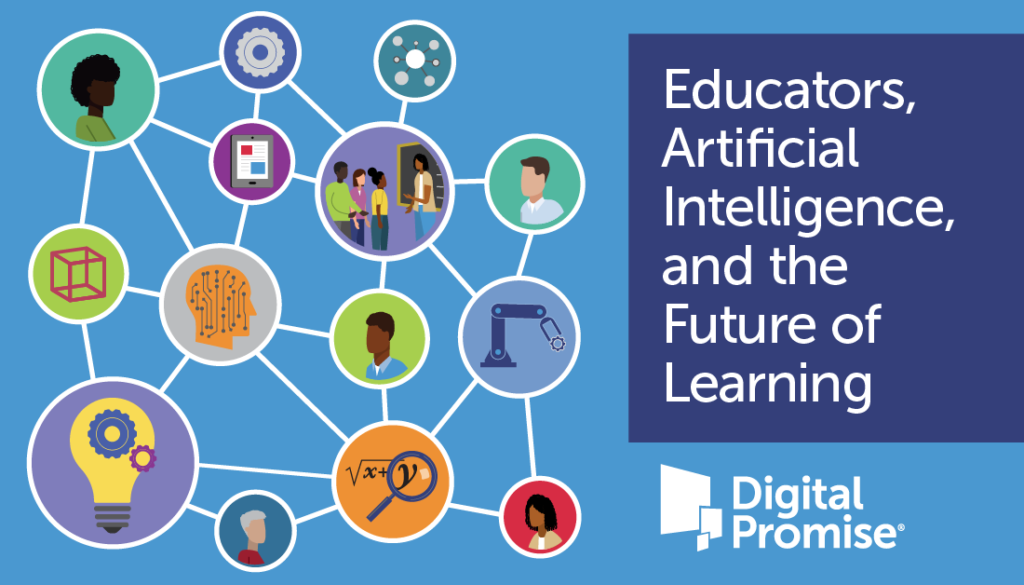Educators, Artificial Intelligence, and the Future of Learning
- The Future of Mathematics Education: Using Artificial Intelligence to Provide Efficient Feedback by Cristina Heffernan and Dr. Hilary Kreisberg
- Technology can help teachers and students succeed in the Formative Assessment Process by Cristina Heffernan
- How Teachers Can Learn From Artificial Intelligence by Alina von Davier and Esther Care
- Using Innovative Methods to Explore the Potential of an Alerting Dashboard for Science Inquiry by Rachel Dickler, Janice Gobert, and Michael Sao Pedro
- Algorithmic Bias in Education by Ryan Baker and Aaron Hawn
- The Research Behind Inq-ITS
- Episode 87: Janice Gobert & Inq-ITS by Podclair
AI products discussed:
Meet the Practitioner Panelists:
 Aaron Hawn
Aaron Hawn
Research Affiliate, The Penn Center for Learning Analytics
Co-Founder and Managing Member, Thirteen Ways Consulting, LLC
Twitter: @hawn_aaron
Aaron’s Statement on AI:
As a former teacher/testing administrator and current researcher, I see the potential for AI to rewire schools’ relationship with assessment and accountability, winning back time for instruction, trust in results, and opening new windows onto student skills. At the same time, I see that potential passing us by if teachers, education leadership, communities, and students are not engaged as partners from the start, designing AI tools for how real classrooms work and towards impacts that matter.
 Nancy Foote
Nancy Foote
Conceptual Physics Teacher,
Higley Unified School District (AZ)
Twitter: @MrsFoote
Nancy Foote, MEd, is currently a Conceptual Physics teacher in Gilbert AZ. She worked as an Industrial Chemist for the Sherwin Williams Company before obtaining her Master’s degree and teacher certification. Nancy has been in education for more than 30 years as a teacher, principal, staff development coordinator, teacher on special assignment. and curriculum coach. A National Board Certified Teacher, Nancy is also a recipient of the Presidential Award for Excellence in Mathematics and Science Teaching.
Nancy’s Statement on AI:
Before I met Inq-ITS, and through them AI, I was floundering in the dark. I was trying to grade hundreds of lab reports, trying to determine who understood what, how to intervene when necessary, and how to help my students think like scientists. That wasn’t even taking the quality of the writing into consideration. Now, thanks to Inq-ITS and their masterful use of AI, I can be a teacher again. I can intervene at the perfect time. I can help students exactly when they need it with the intervention that they need. I have become a mind reader. Most importantly, my students are thinking like scientists.

